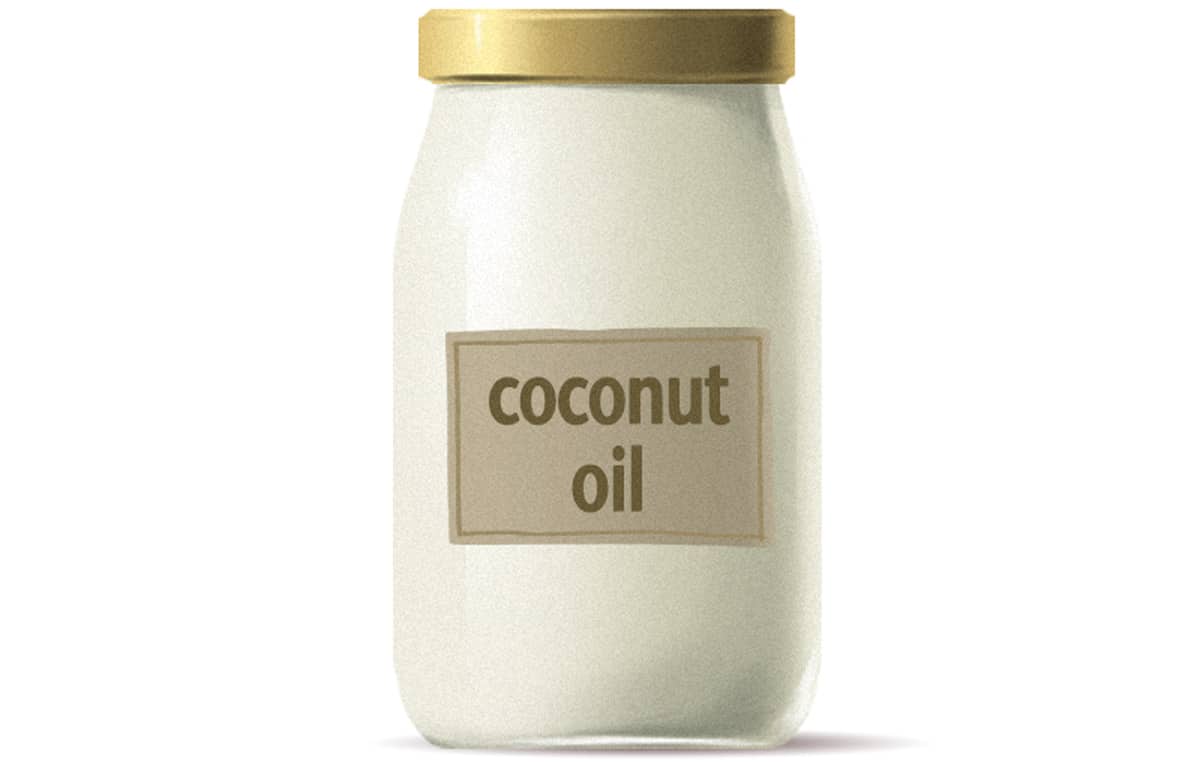About 1 in 5 people in the US has some kind of chronic pain - that includes any kind of pain that lasts longer than an acute injury, like arthritis or fibromyalgia. Treatments range from painkiller drugs (both opioid and non-opioid flavors) to psychotherapy to yoga - but here we’re going to talk about diet and chronic pain, specifically the research that links fasting and ketogenic diets to a potential reduction in pain frequency or severity.
It makes sense to think about fasting and keto together: even though they’re very different in actual day-to-day life, the metabolic state of ketosis is pretty similar to fasting. It’s not clear why exactly fasting and keto seem to have some effect on pain, and the effect definitely hasn’t been demonstrated in every type of chronic pain - but here’s a look at the evidence that fasting and keto do actually help with pain severity.
Fasting and Pain
In a few recent studies, fasting seems to have some effect on chronic pain. For example, this study found that 8 days of medically supervised fasting reduced patients’ pain and need to take medication - although it’s worth noting that there was no control group. Fasting also improves mood among chronic pain patients, particularly younger patients and patients with a higher BMI.
The problem with fasting as a pain management strategy is that you can’t do it forever. Even the most extremely obese of pain sufferers will eventually run out of fat tissue to burn - and a lot of people with chronic pain don’t actually have much or any weight they can afford to lose. It might be a fine way to get a kick-start on pain relief (since the benefits start within a couple days), but it’s not a long-term strategy.
Intermittent fasting may also be valuable, but there’s actually a non-fasting diet that mimics a lot of aspects of fasting: keto!
Keto and Pain

Metabolically speaking, keto is a lot like fasting, except that you still get to eat - which means that if you can’t afford to lose any weight right now, you can just eat enough to prevent that from happening. Keto is famous as a quick weight-loss diet, but if you make sure to eat enough, it’s totally possible to maintain or even gain weight on keto. And there is actually quite a bit of evidence that keto helps with various pain-related disorders.
Migraine headaches
One of the best-supported topics in keto and pain is the link between keto and reduced pain from migraine headaches. There are actually a couple human studies on this. For example, in this study, researchers studied female migraine patients on one of two diets. The treatment group got a very low-calorie ketogenic diet for 1 month, then a normal low-calorie diet for 5 months. The control group got a standard diet. The month on keto dramatically reduced migraine headaches in the treatment group, although they regressed a bit when they started on the normal low-calorie diet, indicating that it was the ketosis, not the calorie restriction that did the magic.
This article goes into more detail about the theory that migraine headaches are partly caused by problems with energy metabolism in the brain - and that keto might help by altering energy metabolism. It’s pretty neat stuff!
Diabetic pain
Moving on from the migraines, this study (free full-text) goes over a lot of evidence that keto could be helpful for diabetic pain (by controlling blood sugar), inflammatory pain, and overall pain sensitivity. It makes sense that keto could help with a complication of diabetes, because in general it’s such a good diet for blood sugar control, but the actual evidence is even better.
Pain in general/how does it work?
The simplest explanation for these benefits is that keto reduces inflammation - which would also make it helpful for a lot of other kinds of inflammatory pain. It’s also not such a stretch to see how a diet that controls blood sugar could help with diabetic pain. This review also suggests that ketogenic diets may help desensitize the central nervous system in people who are over-sensitive, which would help with neuropathic pain.
For the curious, this book chapter has a lot more detailed speculation on what specifically could be the cause of pain reduction on keto - is it the ketones themselves? The saturated fat? The unsaturated fat? The low blood sugar, independent of the ketones? Some combination of all of the above? It's probably going to take a lot more human studies to actually differentiate among all the different mechanisms.
Optimizing keto for pain relief

Regardless of specifically why keto has benefits for pain, there are also other diet strategies with research-based analgesic effects. If you’re interested in using diet as one way to address pain, there are a lot of add-ons that might be helpful - these aren’t critical parts of keto per se, but they’re keto-compatible strategies that also have at least some evidence indicating that they’re good for pain.
- Omega-3 fats (found in fish, seafood, and some plant foods) - Omega-3 fats help reduce inflammation, especially in a diet low in overall Omega-6 fats.
- Total gluten elimination - one symptom of gluten sensitivity is otherwise-inexplicable pain outside the gut. For people who have this problem, the solution is simple (if annoying): no more gluten.
- Potentially, FODMAPs reduction - FODMAPs are certain fiber types that don’t play very nicely with some people’s digestive systems. in at least one study, reducing dietary FODMAPs helped with chronic pain - likely because it helped regulate the gut bacteria, which indirectly affected inflammation.
There’s no magic cure for chronic pain
Not keto, not fasting, not fish oil, not curcumin, not broccoli sprouts, nothing. There’s pretty decent evidence above for giving keto a spin (or maybe trying a short fast, if that fits into your life), and for anti-inflammatory diet changes generally, but none of these studies are anything like a definitive promise of help - this is one thing to try and see if it works or if you can make it work for you.





Leave a Reply